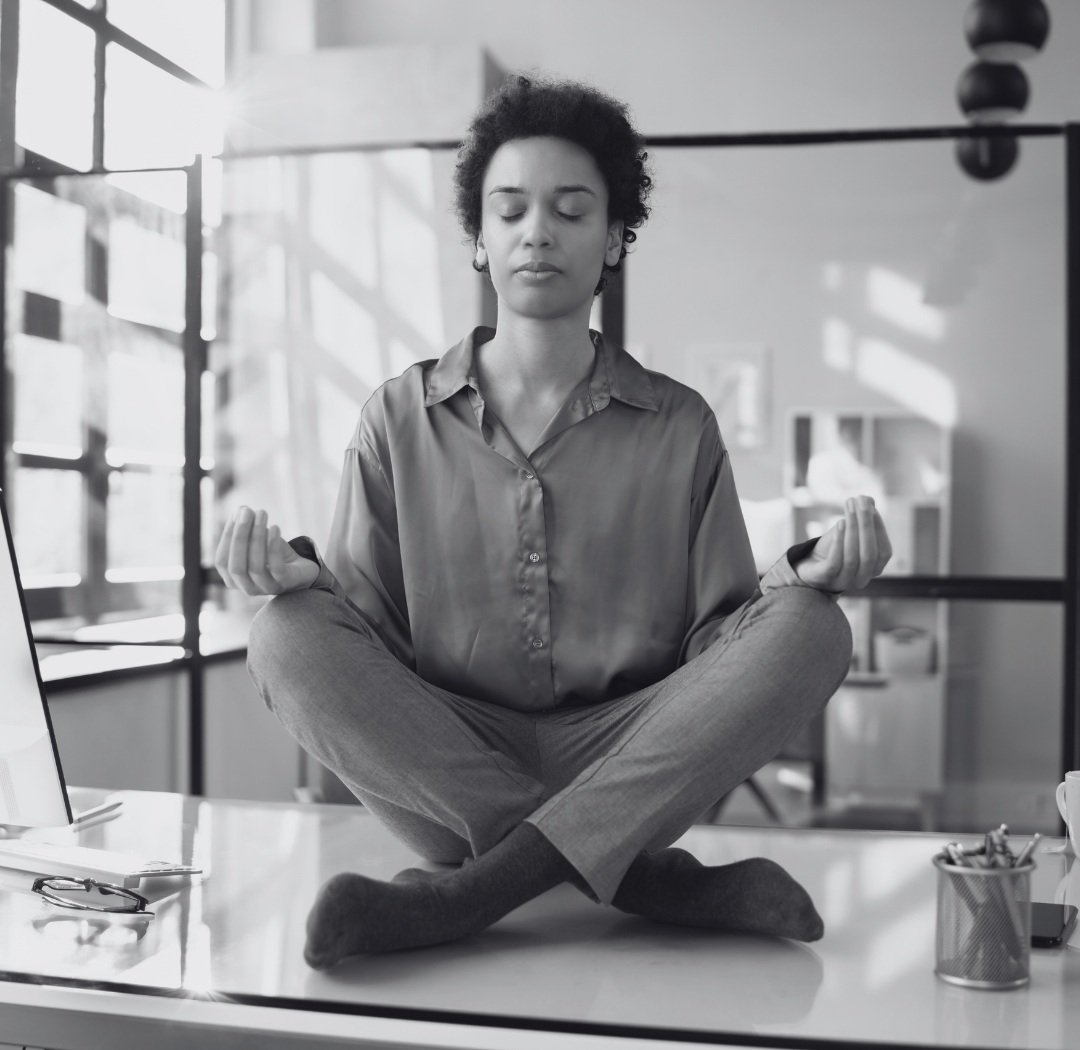
According to the World Health Organisation, in order for teens to be fully present and engaged in the classroom, they need to be healthy and emotionally secure.
But teens are more stressed out now than they have ever been.
The 2022 Mission Australia Youth survey reported that coping with stress was the biggest area of personal concern for young people.
Stress has a profound effect on students ability to learn;
Research indicates that when we feel overwhelming stress related to school it not only demotivates us to do the work, it reduces our overall academic achievement and can lead to increased dropout rates. Not to mention the negative health implications, including depression, poor sleep, substance abuse, and anxiety. How this translates in the longer term can affect our ability to sustain employment and decrease our earning potential over a lifetime.
- The Jed Foundation (JED) is a nonprofit that protects emotional health and prevents suicide for our nation's teens and young adults

Yoga can help!
The body, mind and breath work exercises provided have all been designed to support students to learn how to regulate themselves. Self regulation leads to better coping strategies for stress, more flexible thinking and better focus and impulse control. This can lead to an increase in confidence, emotional well-being and overall happiness.
Body
To move the energy.
Mind
To control the energy.
Breath
To change the energy.

Teachers and Co-regulation
There are many critical self-regulation skills under development during adolescence that involve increased complexity in thinking, managing frustration and stress, and integrating thoughts and emotions. One of the best ways that Teachers can support this time, is to model this behaviour so that it becomes normalised.
This is called Co-regulation, and is one of the most effective ways of supporting students to engage in this behaviour.
As well as assisting students, co-regulation also supports Teachers to manage their own stress.
The exercises we provide are built in a way to help the Teacher lead a regular self-regulation session within their classroom that everyone can participate in. The activities are designed to be repeated- in fact, the only way they work is to repeat them! Repeated behaviour becomes learned behaviour, and that is how these become life long skills.
Self regulation, like everything, is a practice and so it takes practice. Having a library of self regulation tools at their fingertips, Teachers will find ones that work best for them, they will find the time to integrate them into their classroom, and everyone will benefit.
Support your teachers wellbeing and sign up now!


‘Self-regulation interventions should be provided across development and settings using a systematic and intentional approach like that our society takes with literacy. Skills must be learned, practiced, reinforced, and deepened over time to develop a self- regulating adult who can successfully manage complex interactions at home, in the community, and in the workplace.’




